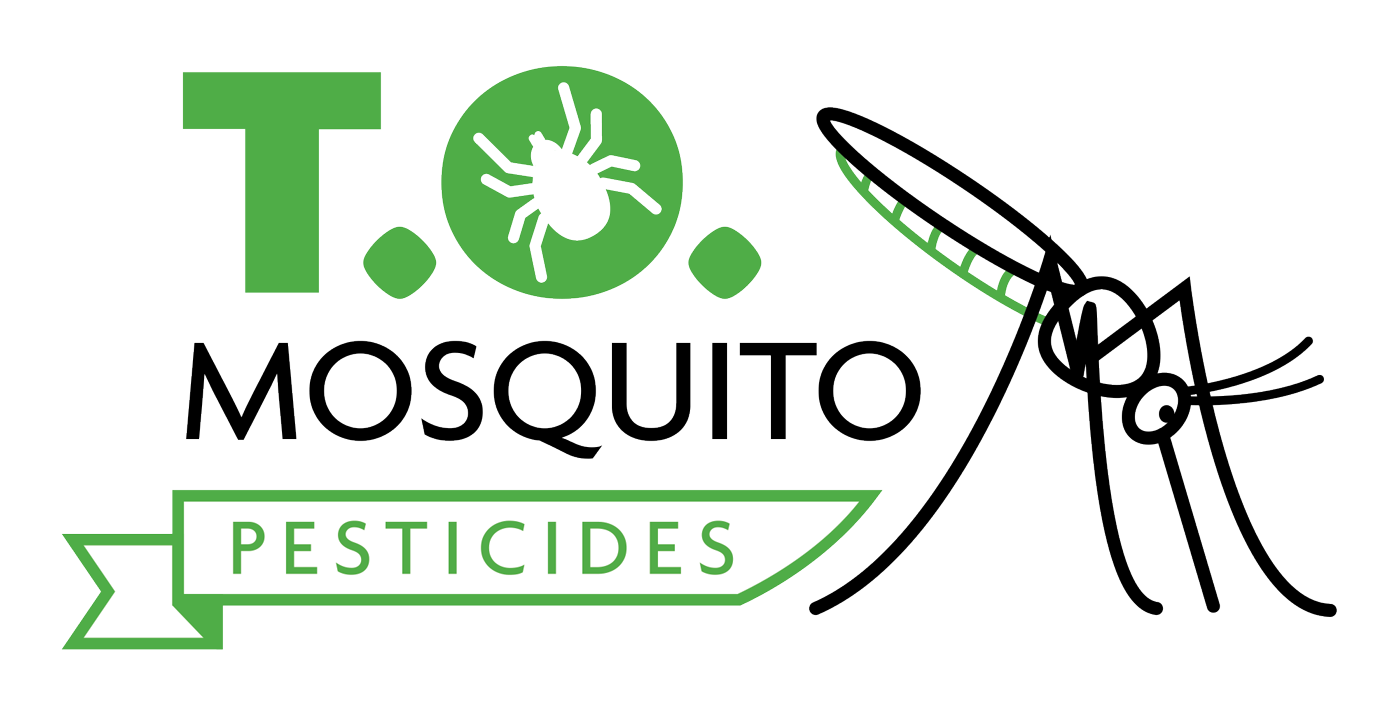Preventative Pest Maintenance in Old Tappan, New Jersey
Expert Pest Maintenance in Old Tappan, New Jersey
At T.O. Mosquito, we understand the importance of maintaining a pest-free home or business in Old Tappan, New Jersey. Preventative Pest Maintenance is the key to stopping infestations before they start, ensuring the safety and comfort of your property year-round. With our expertise, innovative solutions, and dedication to customer satisfaction, we help you protect your home or business from unwanted pests.
Why Preventative Pest Maintenance Matters in Old Tappan, New Jersey
Living in Old Tappan, New Jersey, means dealing with seasonal pest activity. From ants and spiders in the summer to rodents seeking warmth in the winter, pests are always looking for a way into your property. Preventative Pest Maintenance creates a barrier of protection, reducing the risk of infestations and keeping your property safe.
By scheduling routine maintenance, you’ll not only save money on costly treatments but also enjoy peace of mind knowing your property is consistently monitored by experts. At T.O. Mosquito, we offer custom-tailored plans designed specifically for homes and businesses in Old Tappan, New Jersey, and nearby areas.
Our Preventative Pest Maintenance Services
We offer a comprehensive range of services as part of our Preventative Pest Maintenance program, including:
Thorough Inspections
Our trained technicians will inspect your property, identifying potential pest entry points and signs of activity. By focusing on your specific needs, we provide a personalized treatment plan to address problem areas.
Treatment Applications
We apply safe, effective treatments to create a pest-free environment. Our solutions target common pests found in Old Tappan, including ants, spiders, cockroaches, and rodents.
Pest Barrier Creation
Using the latest products and techniques, we establish a protective barrier around your property to deter pests from entering.
Seasonal Adjustments
Pests change with the seasons, and so do our treatments. We adapt our services to ensure your property remains protected year-round.
Proactive Monitoring
Regular check-ins allow us to stay ahead of any potential pest problems. Early detection ensures quick and effective action to prevent infestations.
Benefits of Choosing T.O. Mosquito for Preventative Pest Maintenance
When you choose T.O. Mosquito for Preventative Pest Maintenance, you’re partnering with a trusted pest control company in Old Tappan, New Jersey. Here’s why our clients love working with us:
Local Expertise
We understand the unique pest challenges faced by homes and businesses in Old Tappan and surrounding Bergen County areas.
Eco-Friendly Solutions
Our treatments are effective yet environmentally responsible, ensuring the safety of your family, pets, and the environment.
Experienced Technicians
Our team is highly trained and equipped with the latest pest control technology.
Flexible Scheduling
We work around your busy schedule to provide convenient service times.
Customer Satisfaction Guarantee
Your satisfaction is our priority. We stand by our work and ensure your property remains pest-free.
Protect Your Property in Old Tappan, New Jersey, with Preventative Pest Maintenance
Don’t wait for pests to invade—be proactive with T.O. Mosquito’s Preventative Pest Maintenance services. Whether you’re a homeowner or business owner in Old Tappan, New Jersey, we have the expertise to keep your property pest-free all year long.
Contact us today to schedule your Preventative Pest Maintenance service and experience the peace of mind that comes with a protected property.
Roof Installations Services in Old Tappan, New Jersey
Replace Your Roof with Trusted Professionals A professionally installed and durable roof is essential in every home. Particularly, considering the harsh climate in Minnesota, it’s imperative to have seasoned roofers on your side for expert installation and replacement solutions.
At T.O. Mosquito, we specialize in roof installation and replacement services in Old Tappan, New Jersey, bringing over 10 years of expertise to each project. Our team is experienced in handling different types of roofs, including asphalt shingles, cedar shake, and metal roofing. With us, you get a roof that looks great, besides withstanding the elements that last in the years to come. Whether you are building a new home or need a replacement for your existing roof, we provide the right solution that delivers value for money.
Over three decades, we have set benchmarks in the industry with our skilled craftsmanship and commitment to safety. Upgrade your roof with us to enhance the protection and appearance of your home.
Our Comprehensive Roof Installations and Replacement Services in Old Tappan, New Jersey
Complete Roof Installation
You can turn to us for professional roof installation services for new homes and commercial properties. We stand apart with our expert craftsmanship, installing a lasting and durable roof for your property.
Roof Replacement Services
For properties with aging roofs, timely replacements are necessary for protection and maintaining their structural integrity. We provide complete roof replacement services, removing your existing roof and precisely installing a new one. Enhance the durability and curb appeal of your property with us.
Roof Inspection Services
Whether you have an asphalt roof, cedar roof, or a metal roof, schedule timely inspections with us to keep them in proper shape. Experienced roofers working with us detect underlying issues with your roof early, thereby saving you from costly expenses in the long run.
Roof Maintenance Services
Reach out to us for reliable roof maintenance services and fix minor damages before they escalate into serious structural issues. We tailor the maintenance schedules for each property depending on its specific requirements.
Insert Content
Insert Content
client testimonials
Read Reviews From Happy Customers

Christine S.
I’ve been using Ticked Off for both outdoor/indoor pest issues for a few years and just used them for power washing services and they have been great for all! Bryan and his team are responsive, pleasure to work with, will work with you on your projects and show up when they say they will. Also very reasonably priced, highly recommend!
Rosalie B.
We started with Ticked Off last summer and noticed a massive difference in our yard. It is so nice to sit outside and have zero mosquitoes bothering you. Bryan’s treatments work! And on top of that, he is wonderful to work with and his business system is very organized. Very happy and highly recommend!
Jennifer F.
We have been using Bryan and Ticked Off for 3 years now. I wish i knew about them even sooner!! The service allows us to completely enjoy our outside living areas and I know my kids and dog are not going to he eaten alive by mosquitoes. Bryan has always gone above and beyond for us and is responsive and courteous. I recommend them to all my neighbors!
why choose us?
Deep Community Roots
At T.O. Mosquito, we take pride in being a locally family-owned business, deeply involved in the Old Tappan, NJ community. Our commitment to building relationships and serving our neighbors sets us apart.
Safe and Effective Solutions
We prioritize the safety of your family and pets by using premium quality products that are both effective and environmentally friendly. Our treatments are designed to protect your home while being mindful of the environment.
Rapid Service When You Need It
Your time is valuable, and we understand that pest problems can't wait. We are dedicated to delivering quick response times, ensuring your pest concerns are addressed without delay.
Affordable Excellence
Our cost-effective solutions combine exceptional service and value, allowing you to enjoy a pest-free environment without breaking the bank. We believe in providing premium results at fair prices.
